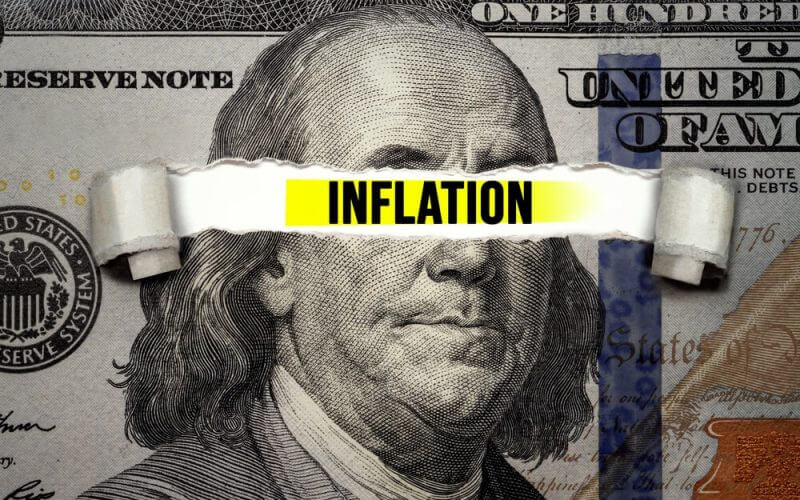As Americans continue to face rapid inflation on ordinary necessities, new data from Smart Asset found how much of an after-tax salary an individual without children would need to have to "live comfortably" in several of the largest expensive cities in the United States.
Using data from the recent MIT Living Wage Calculator and the 50/30/20 budgeting method, researchers organized the data into several categories, including basic living expenses, discretionary spending, and saving or paying off debt. According to the report, 50 percent of an individual's salary would have to be used to pay for basic living expenses like rent and bills, 30 percent would go for personal spending, and around 20 percent would go into a savings account or used to pay down any debt.
In states like California, an individual in Los Angeles, Berkeley, and San Diego must make more than $76,000 to "live comfortably." In Chicago, Illinois, a resident without children would need to make $65,000 after taxes to "live comfortably," and those living in a single residence in New York must make $78,524 to "live comfortably."
According to data by SmartAsset, Individuals living in St. Louis, Missouri, Detroit, Michigan, and San Antonio, Texas, must make between $57,000 to $60,000 after taxes to "live comfortably."
To alleviate the economic stress, Smart Asset calls on individuals to build a spending plan that can adapt to the current times by cutting out unnecessary items. The organization also mentions that individuals could talk to a financial advisor to help build a budget and financial plan through investments.
Following the COVID pandemic lockdowns and the Biden administration's decision to pour trillions of dollars into the American economy, ordinary Americans have seen goods like gasoline, food, entertainment, and housing skyrocket, leading to diminished savings. While members of the Biden administration and Democrat lawmakers have called on for more spending in Congress, Republican led-states have enacted laws that lower expenses by cutting taxes, removing state regulations, and fighting back against the Biden administration's government regulations by suing federal government agencies.
Related Story: U.S. Economy Could See Another Phase in COVID-19 Pandemic Inflation









